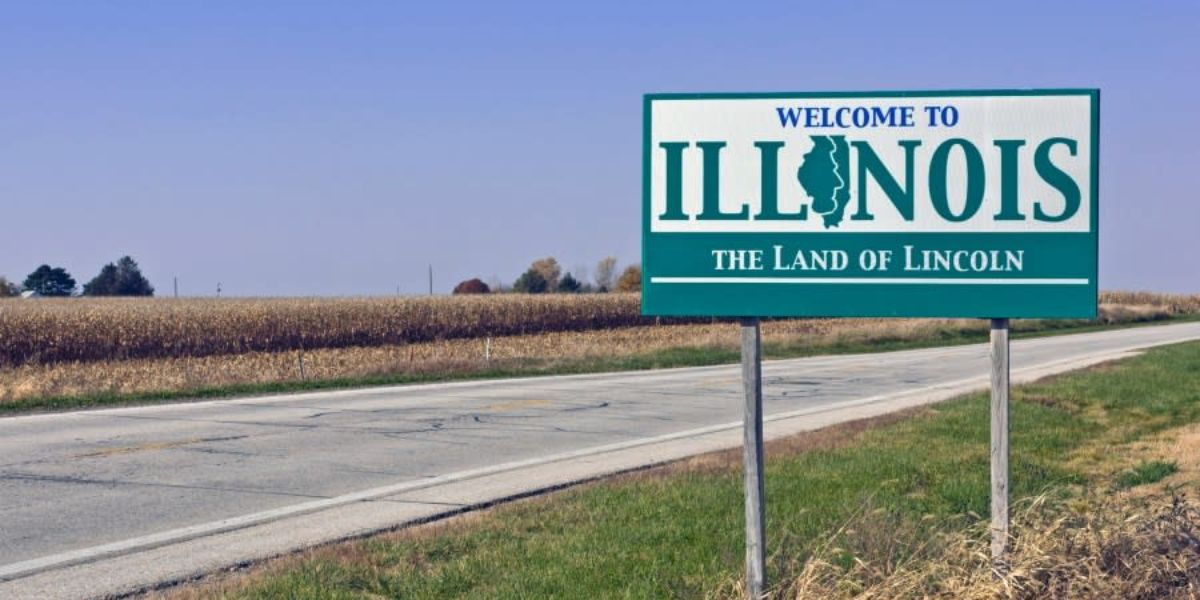As of July 1, 2025, Illinois residents will begin to see the impact of two significant changes in state law: a sales tax increase in several municipalities and a statewide ban on small plastic bottles in hotel bathrooms.
These new regulations are part of Illinois’ broader efforts to boost revenue and address environmental concerns.
Sales Tax Increases Across the State
One of the most noticeable changes for consumers will be the increase in local sales taxes. Nearly 50 municipalities in Illinois, including major cities like Chicago, have raised their local sales tax rates. The increases range from 0.25% to 2%, depending on the locality. This will bring the total sales tax rate in certain areas higher than the state’s base rate of 6.25%.
While many items such as groceries and certain medications are exempt from sales tax, residents will see higher costs on everyday goods, such as clothing, electronics, and dining out. The increased revenue is expected to help fund local projects, infrastructure, and public services.
Local governments that implemented the sales tax hikes argue that the increase is necessary to close budget gaps and ensure vital services are funded, particularly as the state continues to recover from the economic challenges brought on by the pandemic.
However, there are concerns that the hikes could burden consumers, particularly low- and middle-income households. Some critics have argued that higher sales taxes will disproportionately affect those who spend a larger portion of their income on taxed goods.
Statewide Ban on Small Plastic Bottles in Hotels
Alongside the sales tax changes, Illinois is also taking a significant step to reduce plastic waste with a ban on small plastic bottles commonly found in hotel bathrooms. Under the new law, effective July 1, hotels with 50 or more rooms are prohibited from providing disposable plastic bottles for toiletries like shampoo, conditioner, and lotion. This regulation is part of Illinois’ ongoing efforts to combat plastic pollution and promote more sustainable practices.
The new law is expected to affect a variety of hospitality services, as hotels transition to alternative products such as refillable dispensers or biodegradable containers. The goal is to significantly reduce the amount of single-use plastic that ends up in landfills and oceans. The state’s efforts to curb plastic waste come in response to growing environmental concerns about the long-term impact of plastic pollution on ecosystems, particularly in marine environments.
While the law will not eliminate all plastic use in the hospitality industry, it is a step toward making hotels more eco-friendly and less reliant on disposable plastic products. Many hotels have already begun to adapt, with some offering bulk dispensers for toiletries, reducing plastic bottle waste while maintaining guest convenience.
Implementation and Compliance
Hotels in Illinois that fail to comply with the new plastic bottle ban could face penalties, although the law allows some flexibility. For instance, hotels can apply for exemptions if they can prove that providing bulk dispensers or alternative products would present significant challenges.
As the state moves forward with these initiatives, businesses and local governments will be required to navigate the challenges of implementing these new policies while ensuring that they do not place an undue burden on residents or businesses. The state has already provided guidance to local governments on how to manage the tax changes, while hotel owners are receiving information on how to transition to more sustainable products.
Impact on Illinois Residents and Businesses
For Illinois residents, the combined impact of the sales tax increase and plastic bottle ban may be mixed. On the one hand, local governments will benefit from increased revenue, potentially improving infrastructure, education, and public services. On the other hand, consumers may feel the pinch of higher costs at the checkout, particularly in areas with significant tax hikes.
Meanwhile, businesses in Illinois will have to adapt to the new rules, which may require adjusting pricing strategies to account for the increased taxes. Hotels and other hospitality businesses will need to invest in alternatives to plastic bottles, which could involve costs for new equipment or product sourcing. However, many industry leaders view these changes as an opportunity to promote sustainability and attract environmentally-conscious customers.
Looking Ahead
The July 1 changes are part of a broader trend across the U.S. as states and municipalities work to address environmental and fiscal challenges.
Illinois’ decision to raise local sales taxes and ban small plastic bottles aligns with growing national concerns about the environment and government budget management. Whether these changes will result in long-term benefits for Illinois residents and businesses remains to be seen, but the state is taking proactive steps to balance economic development with environmental responsibility.
As Illinois continues to evolve its policies, residents and businesses alike will need to adapt to these new laws, with a focus on sustainability, economic resilience, and public welfare. For now, July 1 marks the beginning of a new chapter in Illinois’ approach to taxation and environmental conservation.




